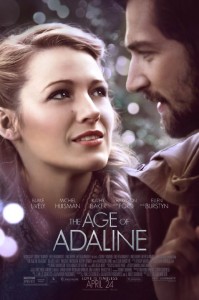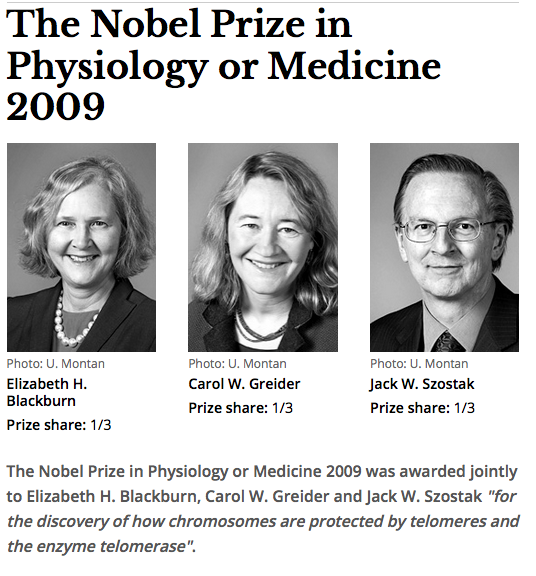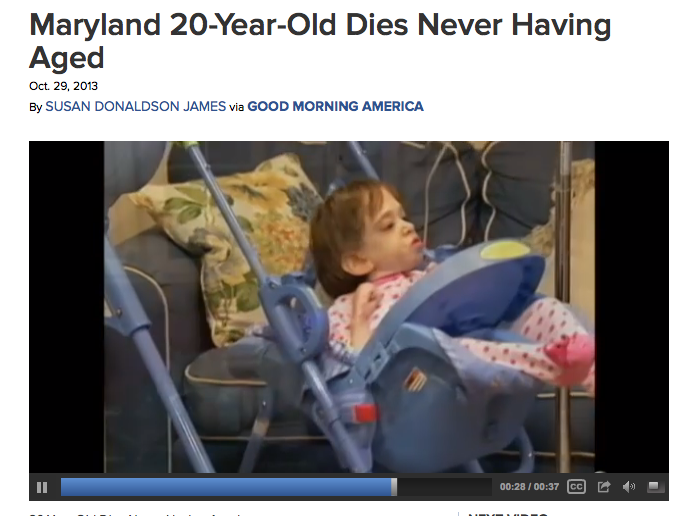I found it to be well-written, brilliantly cast, and superbly acted and directed. If you dislike voice over narration, then you might not like it. But for me, it was time and money well-spent albeit it was quite predictable in a best sort of Hollywood way.
It is about a woman named Adeline who, through a near-death experience with a lightning bolt, incurs a genetic mutation preventing her telomeres from shortening and therefore from aging. The central story engine is that she is afraid to commit because she has fallen in love twice and the first ended in her husband’s death while the second she runs away from for fear of losing love. The heroine leads a life of quiet passions, raises her daughter who ends up looking like, and actually pretending to be, her grandmother, bonds with generations of adorable dogs, and is compelled to change her identity every 10 years.
I did want to spend a moment to review the reviewers, who generally disliked the movie. What DOESN’T surprise me as an anti-aging believer but DOES surprise me as a screenwriter is how obsessed the reviewers were with the premise and how they misinterpreted the heroine. This only reinforces the quote from Anais Nin: “We don’t see the world as it is, we see it as we are. “
Here are my reviews of the reviews:
USA Today /Claudia PuigThe story feels like a less complicated companion to “The Curious Case of Benjamin Button.” Obvious logical questions are ignored. For instance, if she remains 29, does that make her immortal?
Portland Oregonian/ Marc MohanThe movie runs the risk of coming off as misogynistic tripe, especially considering it was written by two men and directed by another. Somehow it avoids that fate, rising to the level of a serviceable YA fantasy about the way mortality gives meaning to life.
Miami Herald/Connie OgleThe Age of Adaline is a modern romantic fairy tale set in San Francisco, marred by bad narration and an unnecessary desire to over-explain random magic.
But as long as we are on the subject of “random magic”, consider that the ridiculous contrivance at the heart of the movie is present in every stem cell of every living thing in this world and that it’s absence leads to premature aging and death. Perhaps the idea that cells are always being kept rejuvenated isn’t so far-fetched as it was awarded a Nobel Prize in Medicine in 2009.
I don’t recall the discovery of the Planet Krypton or a lamp that produced a genie to be so honored by the Nobel Committee.
Interestingly, as I left the theater one man proclaimed loudly “Mind F**k!” and another replied, “Twilight Zone, right?” as the credits began to roll.
I am used to such angry and negative emotions surrounding negligible aging; it is an occupational hazard. But wait! There is even an example of a 20-yo infant who never aged past the toddler stage. Granted she would have preferred to stop aging looking and functioning like Blake Lively in this movie, but there is a precedent:
So in response to these oddly threatened and suddenly concrete movie goers and reviewers, slow aging isn’t even in the same league as such dei ex machinas like a turning the earth in reverse to resurrect Lois Lane or the killing of Bobby Ewing from Dallas being “all a dream”.




